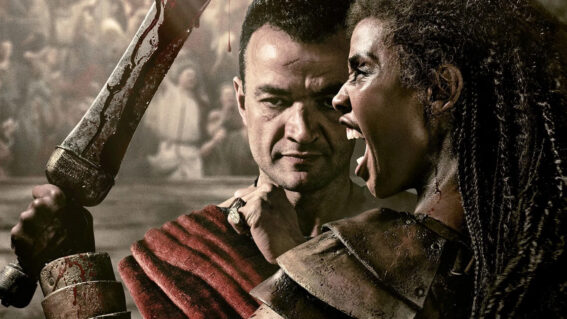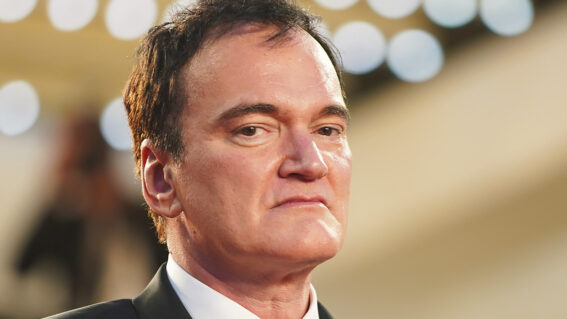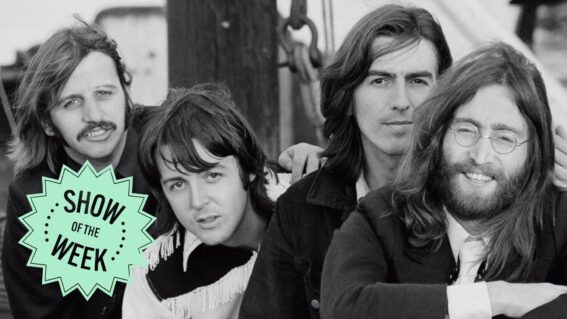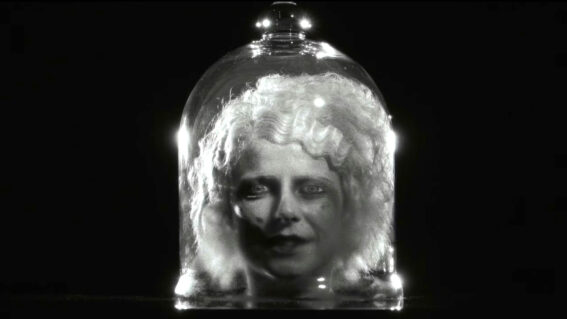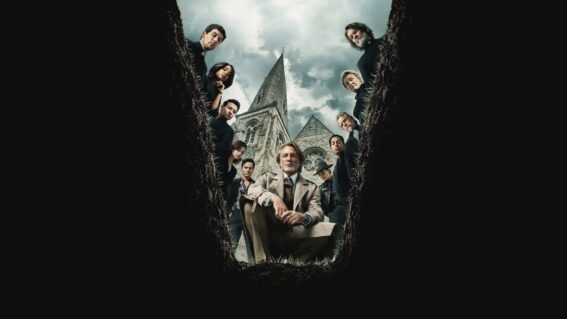NZ filmmaker Christine Jeffs on A Mistake, her Elizabeth Banks-starring medical drama
A medical error sets off a series of tragedies in Christine Jeffs’ new drama – with a US star in a NZ setting.
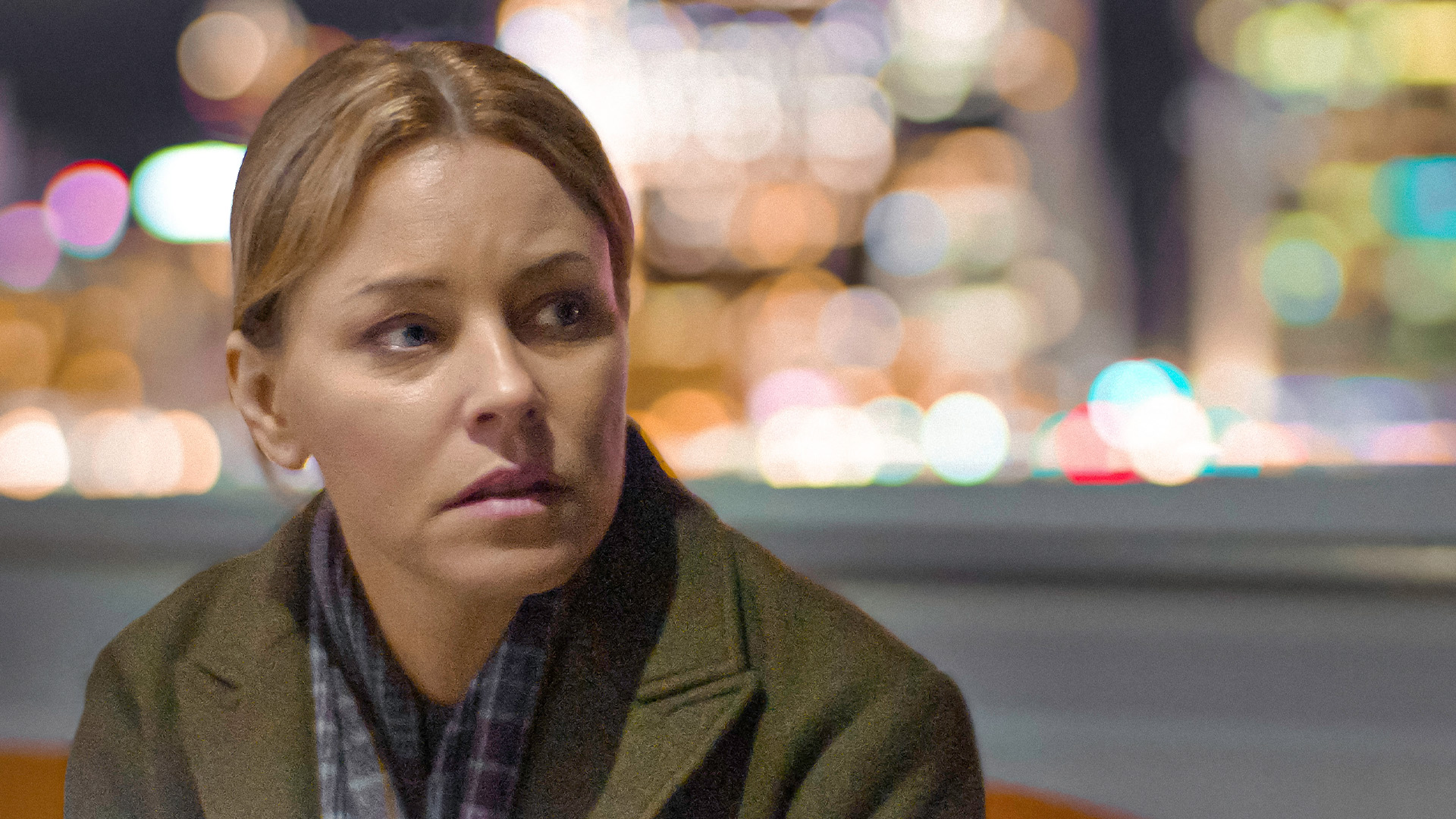
A medical error sets off a series of tragedies in Christine Jeffs’ new drama. The filmmaker speaks with Steve Newall.
In Christine Jeffs’ new film A Mistake, it doesn’t take long for the moment it’s named for to arrive. Even less time for the medical drama to hit hard, with unflinching depiction of even routine procedures landing punches on the audience in its opening minutes.
“It’s one of the things that is quite shocking and gives the film a huge amount of momentum,” Jeffs says. “You’re just right into the story.” Instead of a gentle introduction to A Mistake’s main character, Dr. Elizabeth Taylor, we get to know her in the intensity of a New Zealand surgical theatre.
Jeffs remembers being “quite overwhelmed” by the technical elements of the surgical procedure that opens the film—but it’s an important underpinning, and one that mirrors the novel by Carl Shuker that she’s adapting here. “Carl’s done a lot of medical research, but you don’t lose the kind of narrative of what’s going on between people,” Jeffs says. “And that’s obviously what’s really exciting in the film, is you get to see those nuances and watch it unfold in a really interesting way, an intense way.”
Acknowledging the stakes are different, I suggest to Jeffs that the disciplined team of specialists seen in an operating room could be compared in some ways to a film production itself. “There are very distinctive roles that everyone plays, and then all the equipment has certain names and there’s certain procedures,” the director considers—though also noting that the film set isn’t a life or death environment.
“I guess, once you get inside any industry, there’s certain protocols and things that carry on that you don’t realise until you’re inside it,” she says. “And that was one of the wonderful things about doing the film, was that we had amazing nursing and surgical consultants, and they were able to step us through the choreography, if you like, of what went on in the surgical room, how instruments are passed, what they’re named… just how it happens.”
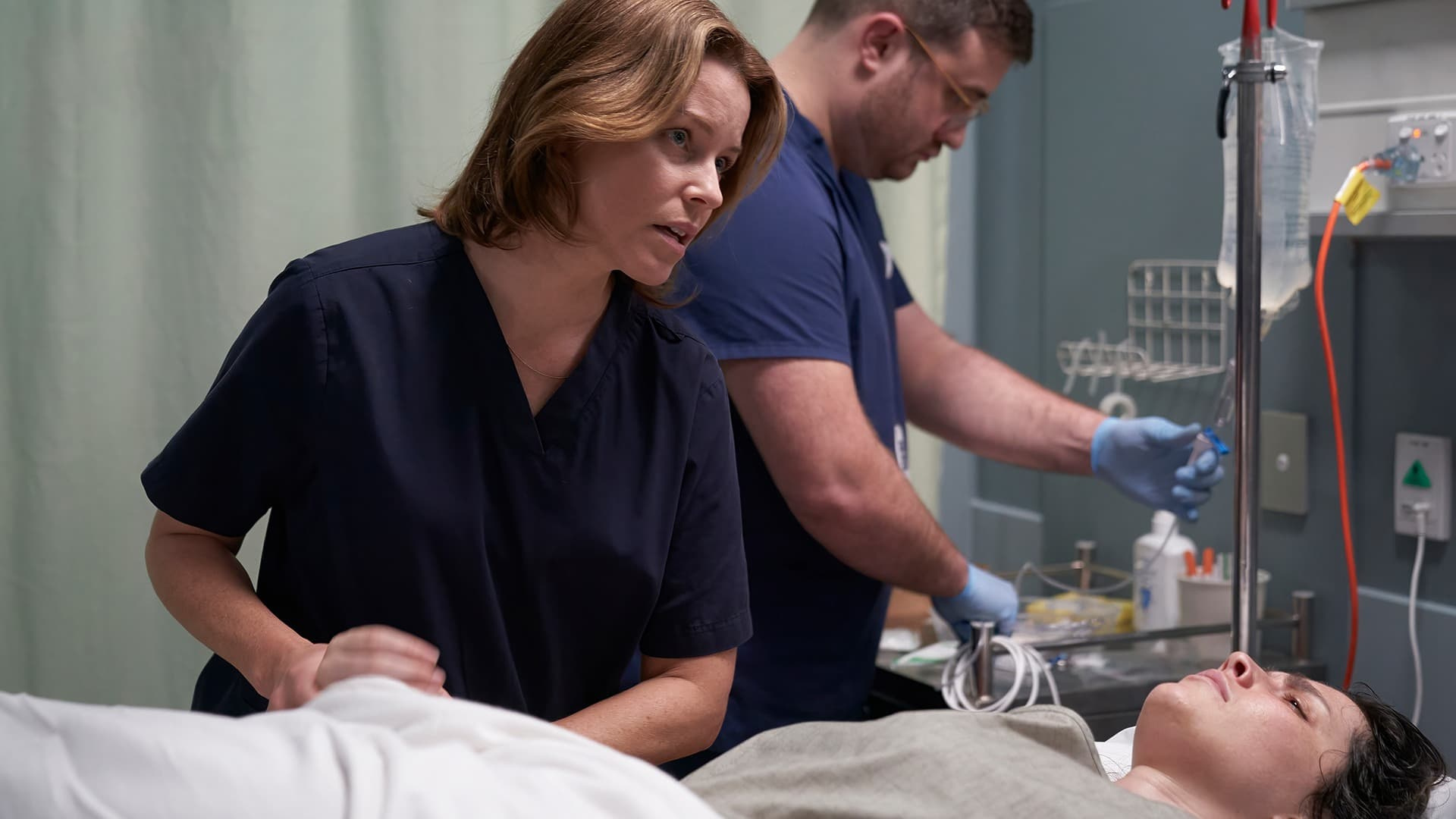
Jeffs’ lead in A Mistake is Elizabeth Banks—“a movie star” as the director accurately describes her. While Banks is perhaps better known for her comedic roles, Jeffs had just seen her star in abortion drama Call Jane when casting for A Mistake got underway. The latter offered another rare opportunity to buck the trend of Banks usually being called upon for comic relief, and she “really responded to the material,” Jeffs tell me. “She wanted to get stuck into the meaty dramatic part. Her performance is wonderful, and has really shown her dramatic chops in this role.”
Of course, Jeffs had gone through her own process of deliberation in initially considering adapting Shuker’s novel: “There has to be something personally resonant in it. Well, at least for me it does, because it’s such a long undertaking getting a movie from the initial spark of ‘this story, singing to me, why?’ And then also going —because Carl’s book is so good—going, ‘well, what would I bring to it?’ Like, what is my particular take on it?”

“I think there’s a profound want to be able to put your version of the story out into the world,” Jeffs says “And I was able to do that with Rain, and I was able to do that with this.” Of particular interest to Jeffs was exploring the story’s miscommunications and the need of a family who’s processing the painful consequences of a surgical error to know more.
How often do these mistakes happen, Jeffs asked those in the know. The answer: surgical errors happen all the time. “As times change, there’s an encouragement to try and open up a conversation about them within the medical fraternity itself,” she says. “But the other side of it is that people are on shifts, the medical personnel change all the time, and they’re overstretched, so it’s really hard to get a continuity of care.”
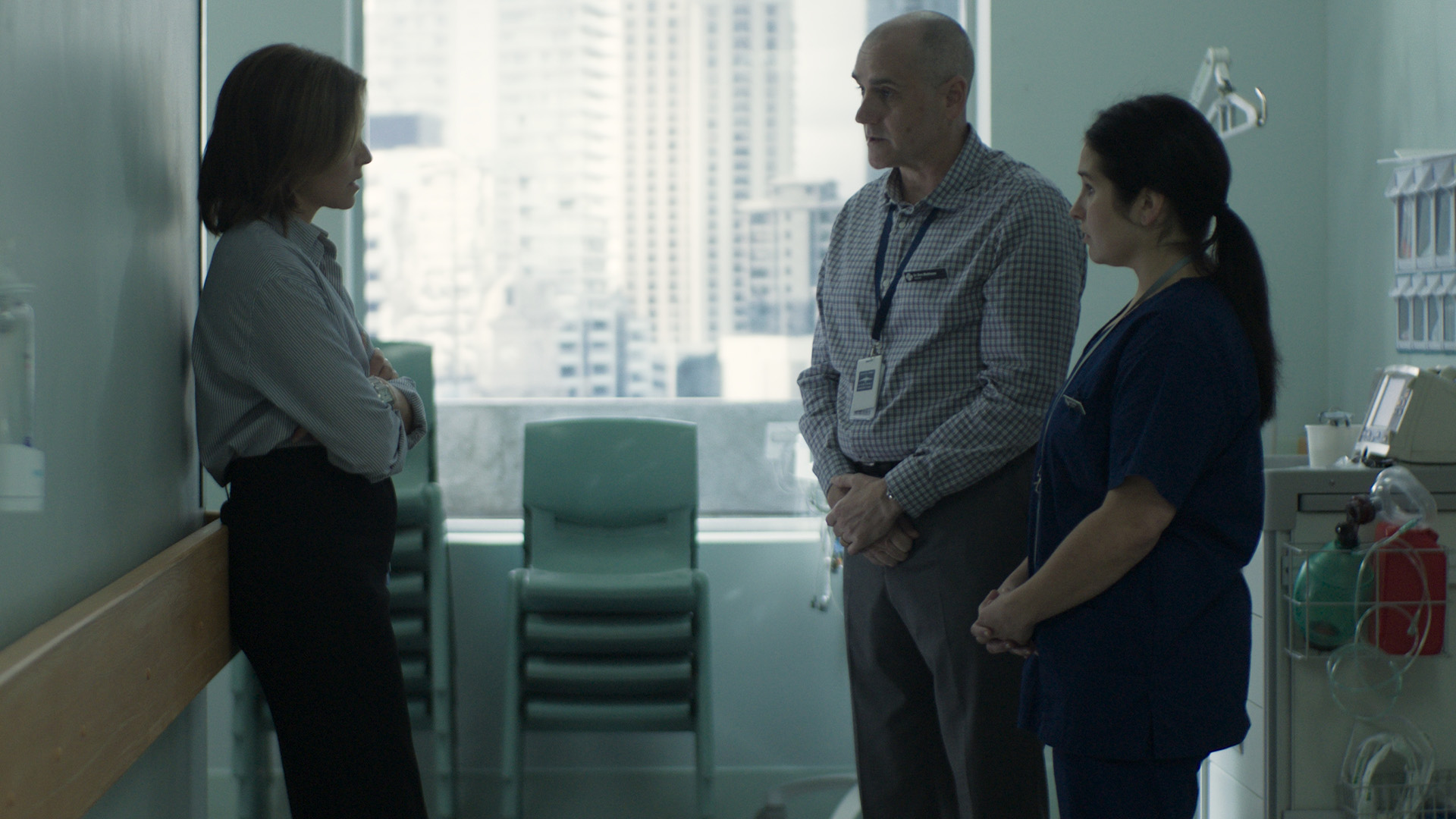
“In our news a lot at the moment, up north, there’s no doctors on staff and so on at certain times of night or anytime during the night, and instead there’s these telephone consults. It’s a really big thing—where you are can affect the kind of care that you’re going to receive.”
“Different spaces are resourced differently, and there is a sense of the luck of the draw, the luck of timing. Things going wrong because of the wait times, and it’s very real for people in New Zealand now—for the medical professionals and for the families. And I think there are bureaucratic decisions based on resourcing and things like that, which create an uneven hand across different spaces in the country.”
As we hear more and more about the scale of Aotearoa’s healthcare crisis—or at least its deprioritisation by those in power—A Mistake comes at the right time, reminding us of the personal impacts of tragic events that are all too often reduced to black and white, to numbers.
Interview edited for length and clarity









